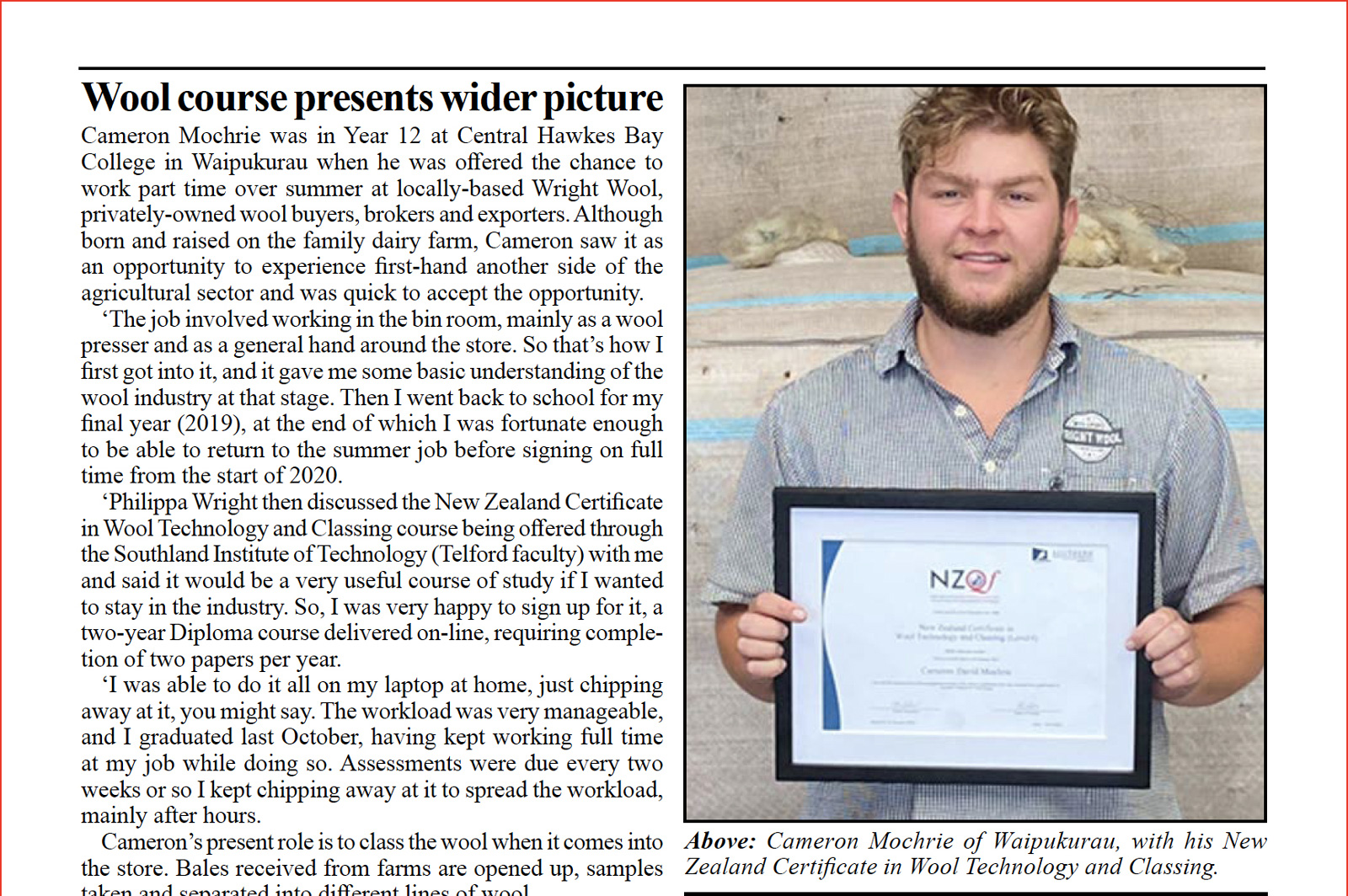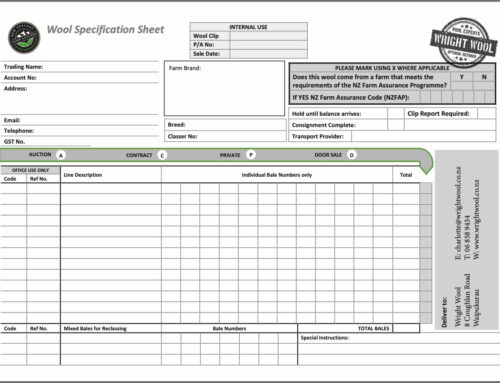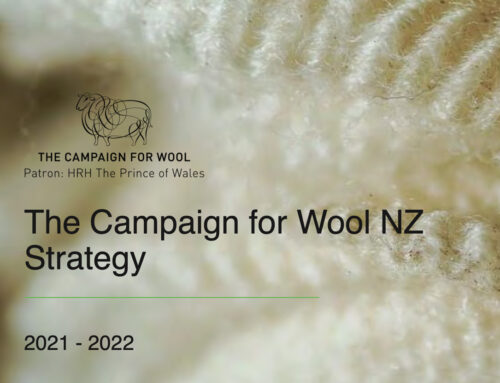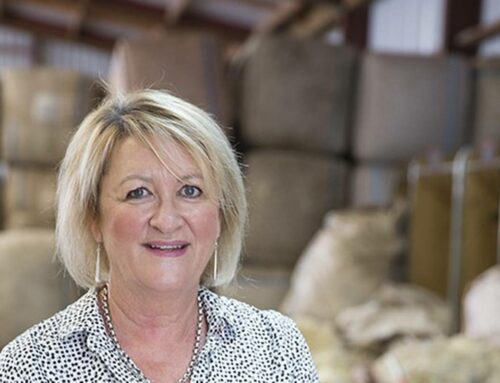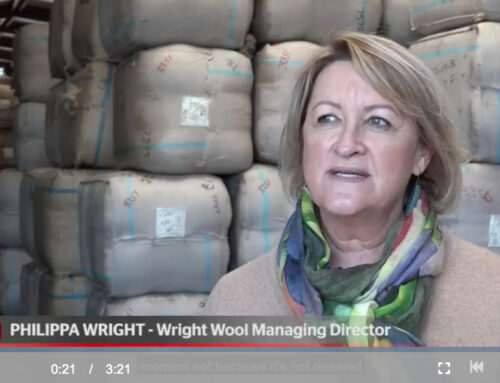Cameron Mochrie was in Year 12 at Central Hawkes Bay College in Waipukurau when he was offered the chance to work part time over summer at locally-based Wright Wool, privately-owned wool buyers, brokers and exporters. Although born and raised on the family dairy farm, Cameron saw it as an opportunity to experience first-hand another side of the agricultural sector and was quick to accept the opportunity.
‘The job involved working in the bin room, mainly as a wool presser and as a general hand around the store. So that’s how I first got into it, and it gave me some basic understanding of the wool industry at that stage. Then I went back to school for my final year (2019), at the end of which I was fortunate enough to be able to return to the summer job before signing on full time from the start of 2020.
‘Philippa Wright then discussed the New Zealand Certificate in Wool Technology and Classing course being offered through the Southland Institute of Technology (Telford faculty) with me and said it would be a very useful course of study if I wanted to stay in the industry. So, I was very happy to sign up for it, a two-year Diploma course delivered on-line, requiring completion of two papers per year.
‘I was able to do it all on my laptop at home, just chipping away at it, you might say. The workload was very manageable, and I graduated last October, having kept working full time at my job while doing so. Assessments were due every two weeks or so I kept chipping away at it to spread the workload, mainly after hours.
Cameron’s present role is to class the wool when it comes into the store. Bales received from farms are opened up, samples taken and separated into different lines of wool.
‘What I’ve gained from the course is a greater understanding of the industry and where my own role fits into it, particularly the classing side of it.
‘It helps my day-to-day understanding of the different types of sheep, different types of wool and the processing of it right through to scouring. It’s fair to say the course has opened up my mind to the whole wider picture of the wool industry.’
April Shearing magazine (Des Williams)


